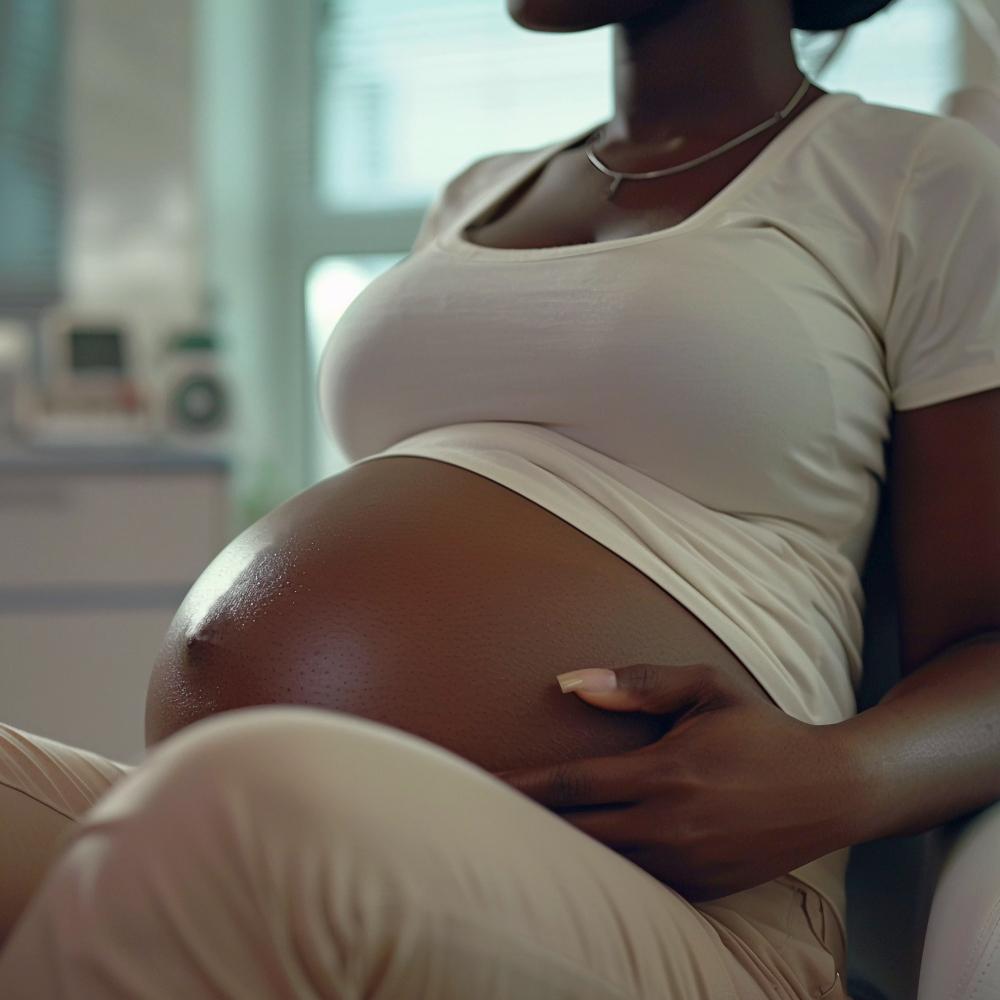Some couples choose to have a baby to celebrate their stability or to strengthen their relationship. They think that a baby will bring them closer together, and that life after childbirth will be a time of tenderness, intimacy, and maturity. However, having a baby is a stressful experience that challenges even the best of relationships.
First-time parents face role changes, lifestyle adjustments, and financial difficulties. Experienced parents have additional demands from their previous children. More couples today are seeking relationship counseling after having a baby than ever before.
This does not necessarily mean that the stresses are greater now than in previous years, but rather that more couples are recognizing when they need help.
Mothers and fathers respond and adjust to their newborn babies in different ways. Misunderstandings and conflicts can affect the relationship as a result.
Role changes, lifestyle adjustments, and financial difficulties can all add to the problems. Conflicts can be compounded if the mother is experiencing postpartum depression.
With Valentines Day approaching, here are five 5 helpful ways that you can improve your relationship with your partner after having a baby.
1. Know what new mothers go through?
New mothers are often overwhelmed by their changing role in life. Whereas before they were individuals surrounded by friends and possibly a challenging career, now their needs are secondary to the newborn baby.
They may feel less important now that their days are filled with diaper changes, feedings, and chores galore. Fathers can help by trying to understand how busy their partner’s day really is. Don’t expect chores to be done, the house to be clean, and dinner to be on the table when you come home from a hard day’s work.
Instead, when you arrive home, ask your partner about her day and how you can help. Offer to take care of your newborn baby alone so your partner can take a much-needed break.
Taking care of your baby alone is also the best way for you to get to know him and establish a real relationship.
Mothers may also have issues with their body image. Their breasts look different, their hips are wider, and it may be harder than they originally thought to lose that extra bit of fat. You can help by reassuring your partner about her looks. She needs to know that you still find her attractive.
2. Know what new fathers go through?
First-time fathers sometimes feel left out and isolated. They may even see the new baby as a sort of competition for your attention.
As a result, they may withdraw and become depressed. You can help by including your partner in the care of your newborn baby. Take advantage of his offers to spend one-on-one time with your baby. Your partner may do things differently from you, but try to look past that. He needs to do things in his own way, and he will be just fine.
3. Spend time with each other
Couples with new babies are busy. Feedings, diaper changes, and consoling a baby seem to take up endless hours of the day. By the time the mother and father do get to see each other alone, they are usually completely exhausted.
If they are cranky from sleep deprivation, and sometimes they just don’t want to spend time together at all.
Try to find time to talk things over and be a couple again, even if it is just for a few minutes. You might even have to schedule in a time when you are both available.
Choose a time when your newborn baby and other children are well-fed and settled. This may be difficult when your baby is just a newborn but should become easier as he gets older.
Related: Expectant Mothers’ Hospital Bag checklist
4. Re-gain your intimacy in the relationship

Most new parents experience a loss of sexual intimacy, this can begin during pregnancy because the couple felt uncomfortable about having sex, the mother was not feeling well, or there were complications.
Sometimes abstinence during pregnancy can lead to a long period of abstinence after the baby is born during childbirth, a woman has tearing or an episiotomy, both of which require considerable time for recovery.
When the woman has sex too soon after giving childbirth, it will be painful. Even if the woman did not have tearing or an episiotomy, her vaginal muscles may simply be too slack to really enjoy sex soon after giving birth.
5. A few last mentions

Last but not least, breastfeeding can inhibit a woman’s desire to have sex. She may feel that her breasts are reserved for her newborn baby now, and that can make her feel less interested in being intimate.
Also, when a woman is constantly touching and interacting with her baby, and especially if she is breastfeeding him, she can feel “touched out.” This is a common feeling among women, where they do not want any physical contact with their partner because they are getting so much from their newborn baby.
Men can feel extraordinarily betrayed if they are rejected both physically and emotionally by their partners. It is important to talk to each other about your feelings. There are other ways to be physically intimate with each other, such as cuddling and holding hands.
Subscribe to our newsletter for weekly healthcare stories and offers or you can like our page on Facebook and Follow us on Twitter.
Curated from , Source about kids and health






Leave a Reply